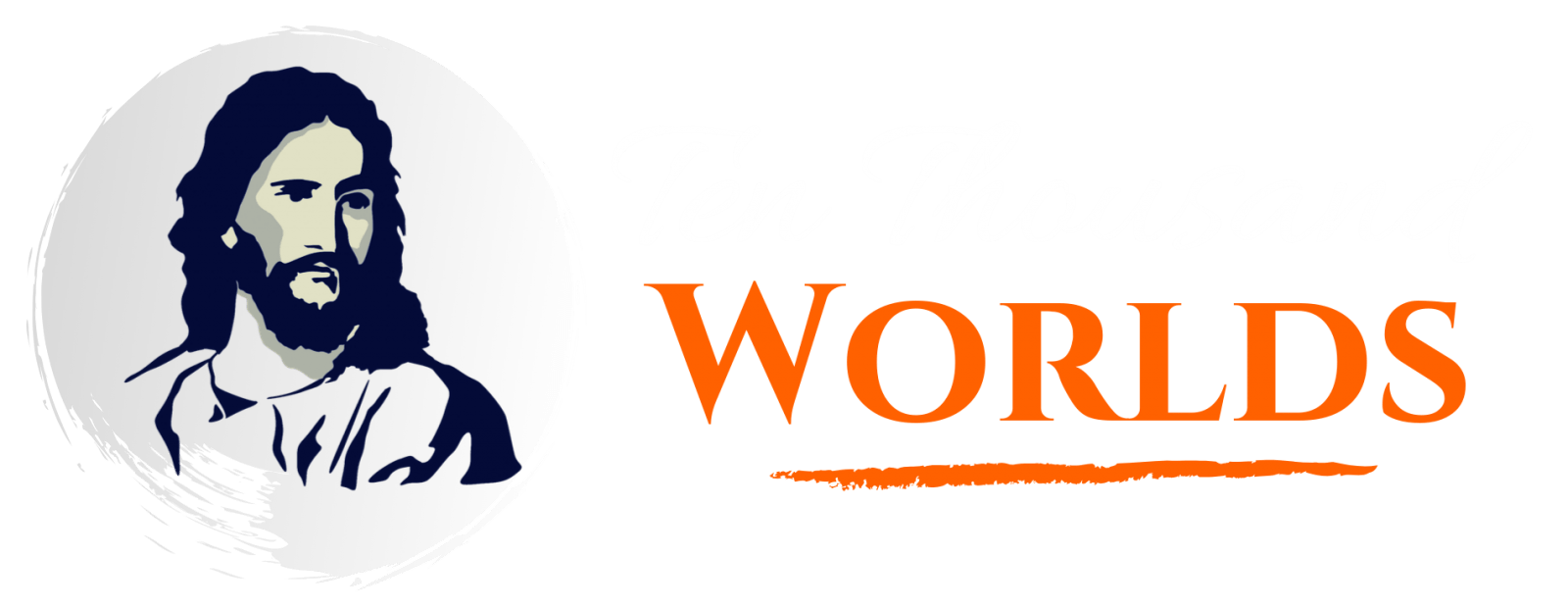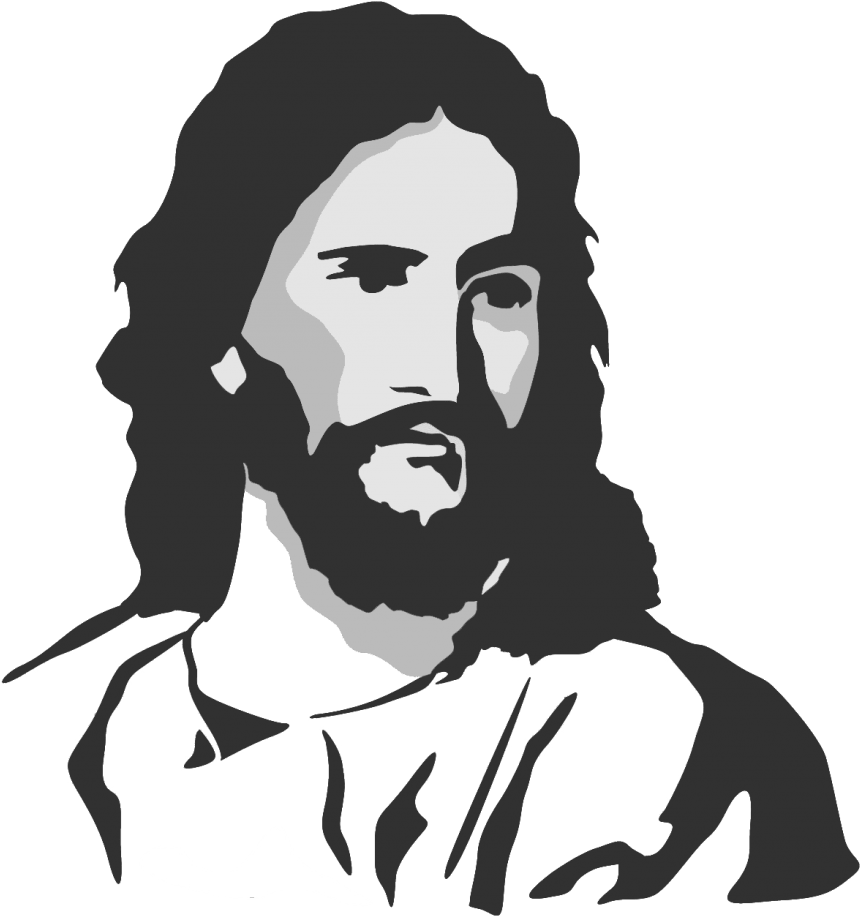Episode 184: The Family Altar Audio Devotional – Day 150
We Want To Hear From You!
Send a voice message to the Ten Thousand Worlds Podcast and your message could end up on a future episode of the podcast!
Whether it’s a question, comment, or just to let us know how we’re doing we would love to make you part of this program.
It’s very easy to leave us your message. Click the icon above to get started!
Episode Summary:

And the people spake against God, and against Moses, Wherefore have ye brought us up out of Egypt to die in the wilderness? for there is no bread, neither is there any water; and our soul loatheth this light bread. And the Lord sent fiery serpents among the people, and they bit the people; and much people of Israel died. Therefore the people came to Moses, and said, We have sinned, for we have spoken against the Lord, and against thee; pray unto the Lord, that he take away the serpents from us. And Moses prayed for the people. And the Lord said unto Moses, Make thee a fiery serpent, and set it upon a pole: and it shall come to pass, that every one that is bitten, when he looketh upon it, shall live. And Moses made a serpent of brass, and put it upon a pole, and it came to pass, that if a serpent had bitten any man, when he beheld the serpent of brass, he lived. (Numbers 21:5-9)
13 Notice, then right in that crucial moment, serpents had come in among the people and were biting them. And Moses was taught in all the wisdom of the Egyptians, and they were boasting positions, far beyond in many things, than what we are today. Had our doctors skinned by hundreds of miles. But Dr. Moses had no cure for that snakebite. Nothing could be done. There they was, way in the wilderness. And Moses prayed and God came to him and told him the remedy for it. I like that. What is He? God, Jehovah-jireh, the Lord will provide, make a way. I love it.
Notice, then God told Moses, in this type or symbol; said, “Go make a serpent out of brass and put it on a pole.” Now, the serpent, in a symbol, meant sin. The serpent represented the serpent from the garden of Eden already judged: snake turned from a—a animal.
Now, he wasn’t a reptile. The Bible said he was the most subtle of all the beasts of the field. He wasn’t a reptile; he was a beast. And he turned to a serpent on his belly. And that snake represented sin judged. And made out of brass meant Divine judgment. Brass means Divine judgment in the Bible. See, the people were sinning because they didn’t believe the prophet. They were chiding against him and against God. They had sinned, and because of sin, serpents had bit them, and they were dying.
14 And all sickness is caused by sin. That’s right. Before we had—before we had sin, we had no sickness. But sin—or sickness, is an attribute of sin. Sickness came because of sin: maybe not what you done; inherited it. Three or four generations it’ll follow. God said so.
Notice. And so God put up this—had Moses to put up this ensign to Israel. And when he lifted it up, sickness and sin, a compound reason for both sickness and sin. Jehovah-jireh was providing an ensign that represented that their sin was forgiven and a healing for their sickness. You get it? Serpent represented sin judged.
15 Brass… See brass is one thing that you can’t tamper with. Brass cannot be tempered. You find some form or a temper brass, your tithings for six months will pay my way for fifty years around the world missionary, if you can find something that’ll temper brass. Can’t be tempered. Goes to show that God’s represented brass as Divine judgment and God’s Divine judgment cannot be tempered. God is the same yesterday, today, and forever. Here you are. I want you to get it now.
Look. Brass, the brazen altar where the sacrifices were burned: judgment, Divine judgment. And in the days of Elijah, when he went out and looked at the skies, he said they looked like brass: Divine judgment upon a rebellious nation. God have mercy. The skies sometimes look brass around here in America. Divine judgment, hardly can break through. Judgment…
16 Notice, then the ensign was lifted up; a beautiful picture of this, it’s pictured in—in Ruth. Many of you just read Ruth as maybe a little love story in the Bible (which it is), but oh, what a beautiful story that is representing Christ and His church. How that Naomi went over into the land of Moab. And there her husband died. Her two sons died, leaving widows. On the road back, the beautiful picture… Listen. Ruth, the Moabite, a Gentile, carried away with dumb idols like we were… And when it came time, Naomi kissed her and said, “Go back to your people, and with your people. I’ll go alone.”
But she said, “Let your people be my people. Let me live where you live. Let me die where you die. And let me be buried where you are buried. And let your God be my God.” Beautiful picture of the young Gentile church coming in by the old Jewish church. The Jews had packed the Gospel first. Oh, how marvelous.
17 Let’s get the picture right quick, while we’re running along this line, if we can. Now notice, and she would not, but she went on. And did you notice, Naomi returned in barley season, just exactly at the right time when were they gathering barley. And Boaz was her kinsman, and he was harvesting his great fields: the lord of the harvest. And Ruth, the young gleaner, went out into the field to glean: a type of the Gentile church, gleaning (Amen.), picking up just what they could, the gleaners going ahead. Oh, they say, “You all haven’t got the Pentecostal blessing.” Oh, yeah. Were gleaning all right.
Look at the lord of the harvest when he looked down and seen the little woman ready to glean and pick up what she could: a little blessing here and one there, which was life to her. Beautiful type of the church today. He said to the reapers, “Ever once in a while, drop a handful.” I like to find them, don’t you?…?… “Just drop a handful for her,” said, “because she’s found favor with me.” Amen. I like that. She might be an offcast, a holy roller, or whatever you want to call her, but just drop a few handfuls now and then. See? I like her.”
18 Said, “Who is she? Where’d she come from?” And when the harvest was over, the great lord of the harvest, which was Boaz, a representative of Christ to the church… He’d fallen in love with her, and he wanted to marry her. But before he could marry her, he had to redeem Naomi’s lost estate. And before he could redeem her estate, the law, Levitical law was, he had to be a kinsman, a near kinsman. When I think of that… The law required him to be a near kinsman, her closest kinsman. And he must be worthy, a man of honor. And he must be able to do it financially. And then he must make an ensign if he’d redeemed all she had.
Notice, a kinsman. God… Man was made in the image of God first. And God is a Spirit. And then, in order to redeem that man, God had to come down in the form of sinful flesh and become a Kinsman. Christ (Amen.); Christ was made a Kinsman. God was made a Kinfolks to us; flesh and blood like we are. Amen. What a beautiful story. The whole Bible just ties together everywhere; nothing of It out of the way: all ties right together.
19 As Boaz had to be Naomi’s kinsman, God, to redeem the church, must be a Kinsman. And He came down, taken on Himself the form of sinful flesh. Amen. He was worthy; He was God’s Son. He had to be worth it: He had all the heavens and all the earth.
Notice, Boaz then, gathered Israel. And then, remember, the ensign had to be lifted up outside the gates of the city. I want you to get it. And Boaz came out there, and brought the Israel—Israel elders, and said, “Now, if anyone has got anything to say, let them say it. And see this day, that I have redeemed Naomi’s lost estate.” And he kicked off his shoe and threw it amongst the Israelites, which was the custom: an ensign that he had redeemed Naomi and all she had.
20 What a beautiful type of God made flesh and dwelled among us, come down to suffer the death and the penalty: the Innocent for the guilty, the lovely One for the unlovely. How it’d break the man’s heart to think of such that God had to do for lost sinners like you and I. An ensign must be lifted up. You said, “Brother Branham, you mean there, to place that snake: Jesus?” Yes, it represented Jesus, that brass serpent, the ensign; for Christ, knowing no sin, yet was made sin for us.
And look at Him now, when He was beaten. God’s just judgment had to be paid: “The day you eat thereof, that day you die.” God’s Word has to be kept. There He is, standing in Pilate’s judgment halls; with mockery spit hanging over His face; the hands that raised the widow’s son; spoke peace to the harlot; the eyes that looked so tenderly upon the crowds, was now bleeding: blood running down His face and mockery spit from church members and soldiers.
There He goes. Look at Him. I see little red dots in His robe. Them little red dots begins to get bigger as He goes up the hill. After while they all go together. Then you hear a slapping on His side. It’s His bloody robe. Then at Golgotha they nailed His hands up and lifted Him up as an Ensign. He redeemed the church. Redeemed her what? He said, “Just as Moses lifted up the brass serpent, so must the Son of Man be lifted up.” Why? A compound reason: because she had sinned and was sick. And He lifted it up for their salvation and healing. And “He was wounded for our transgressions; with His stripes we were healed,” the Ensign lifted up. Beautiful.
21 There’s the Son of God lifted up for your Ensign. “As Moses lifted up the brass serpent in the wilderness, so must—and just the same way, same cause, same thing… Then what did He do when He lifted up there, when He—God lifted up the Ensign? To the world… He showed to this church tonight, He showed to the world that He had redeemed all the lost estate of the church and the peoples. And what is our loss? If you’ve lost your salvation, He’s the En… [Blank spot on tape—Ed.] …sign for the sins of the world. What a pity. And then, do you mean to tell me that you could deny Divine healing? There it is in the Scripture. That’s what Jesus said: “Just as Moses lifted the brass serpent, so must the Son of Man be lifted up for sin and sickness.” And He’s here tonight. He’s still lifted up. And He was put into the grave, and God lifted Him up. And His Spirit is among us tonight, doing signs and wonders. Do you believe it?
53-0606 – “An Ensign”
Rev. William Marrion Branham
Order your own copy of the Family Altar at http://store.bibleway.org




